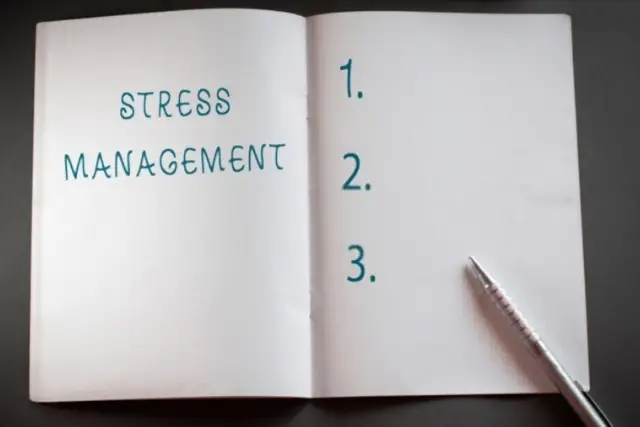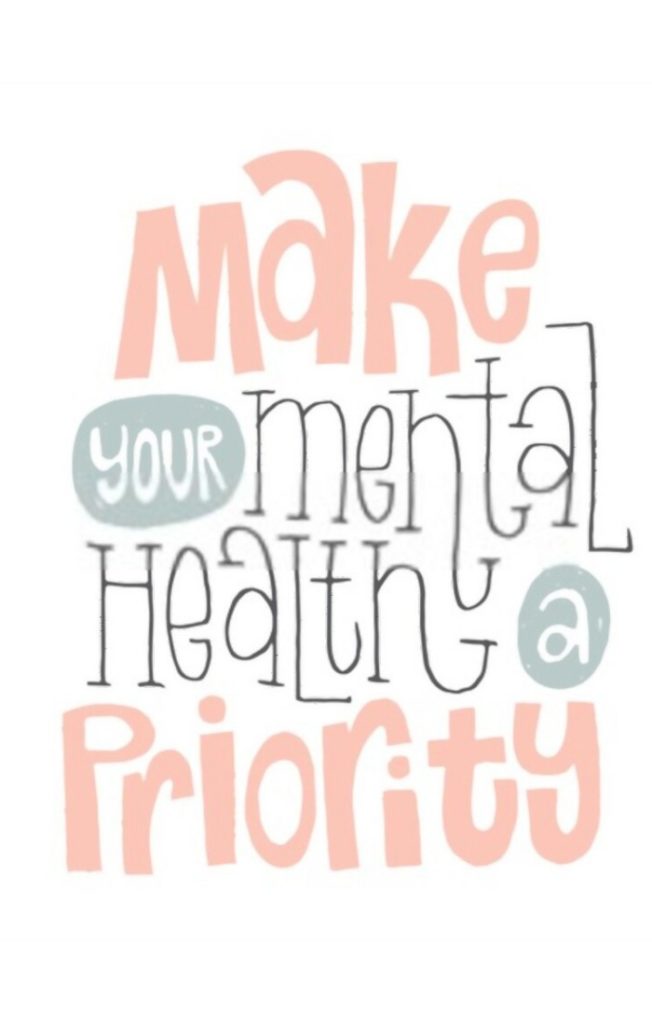Mental Health Crisis
We all have suffered the consequences of the COVID-19 pandemic. Whether we got ill, someone close to us did or experienced severe distress, this global situation has taken a toll on our mental health.
It’s only natural for us to be social, go out, enjoy time with our friends and relatives. The lockdown resulted in a reduction of our psychological well-being. The good part is that it helped raise mental health awareness, especially among teens and young adults. Some people still don’t believe in the importance of therapy, but the world is progressively becoming more aware of this situation.
Research has shown that mental issues have increased since the first lockdown (Cullen, W., Gulati, G., & Kelly, B. D. (2020)). As their article states, the psychological state of citizens should never be overlooked in such a distressing social situation.
One of the most common problems is anxiety and stress. How can we be peaceful when all we hear about is the pandemic, the possibilities, and the consequences of catching COVID-19?
Stress and anxiety, what are they?
Stress
Stress is a feeling of physical or emotional tension. It can come from any situation or thought that makes you feel frustrated, angry, or nervous.
Stress is a natural body reaction to a challenge or demand. When moderate, stress can be positive, such as when it helps you avoid danger or meet a deadline. But when stress lasts a long time, it can damage your health.
Did you know that prolonged stress can lead to mental health issues, cardiovascular diseases, and even obesity, according to MedlinePlus? Not to mention the burnout you will experience and its effects on your daily and work life.
There are creative ways to manage your stress. We personally recommend writing down in a journal anything that comes to mind, whether it’s positive or negative thoughts or feelings. Letting our thoughts out is an incredibly therapeutic way to make us feel better.
Anxiety
Anxiety is a natural body response to stress. It consists of fearing the situation that comes next. Anxiety equals fear. For instance, most people are afraid on the first day of school, in a job interview, or when giving a public speech.
What makes anxiety different from stress? Well, anxiety can manifest even when the stimulus is not present.
- If you see a snake, you panic and feel stressed out because you don’t want to get hurt. That would be a stress response which probably sets off the flight or fight response.
- On the contrary, let’s say you imagine how it would be to encounter a snake. The fear is not real or tangible – you are just thinking of it. However, that thought triggers fear, and you get anxious. When people overthink and get anxiety from things that never happened and likely won’t occur, they might suffer from an anxiety disorder.
There’s always a way of dealing with stress
You must have heard of mindfulness, meditation, yoga, and so on. You might think that you lack time to meditate or practice mindfulness. But did you know that even 10 minutes a day can positively impact your mood and mental health state?

Ten minutes a day in exchange for being healthier and happier is a great deal. Worry not if you feel lost and don’t know where to begin – there are self-improvement apps to guide you through the first steps. You can set goals and habits, learn to meditate, and much more.
Once you find what works best for you, you will notice the benefits of living more slowly, reflecting on what’s around you, and successfully managing stress.
We, human beings, were not designed to live such fast-paced lives. Our everyday responsibilities and work can slowly consume us. If you feel tired, angry, resentful towards your boss, job position, or even the entire world, take a step back, analyze the situation, and work on it.
Mental Health Awareness
Psychologists and psychiatrists often talk about the relevance of mental health. If only more people would listen, especially those who handle and manage power and money.
People struggle with mental health throughout the entire year, and many have suffered for years. It’s only now that awareness raises. Why? Because the pandemic has affected us all.
We all suffer from stress, anxiety, sadness, and mood changes. It’s part of life, and it doesn’t interfere with our well-being. Most of us even neglect our sleep without understanding the consequences. Some people believe that mental health is not that important. If you are stressed out or sad, just change it, right? Did Nike just enter the conversation?
Now that the lockdown and restrictions have taken a toll on everyone’s mental health, people have started to realize the downsides of not taking care of our minds.
What can we do to raise awareness on mental health?
Like psychological primary intervention states, it’s better to be safe than sorry. This type of intervention aims to prevent the disease or the problem before it occurs. Often, providing people with high-quality information about the risks and hazards of some activities is enough to raise awareness and prevent a few cases now and then.
See the example given above. Just talking about how sleep deprivation may cause severe problems can make a change. Sure, not everyone who reads the information will implement or remove habits from their lives. Some of them will think the article is interesting and then continue with the exact same lifestyle. However, there will be someone out there who decides to change. And that’s a reason good enough to continue raising awareness, especially among the youngest ones.
Nutrition, exercise, and fitness are also great ways of reducing stress and avoiding severe disorders like major depression. Exercising can improve our mood even when we are depressed and feel hopeless.
On the other hand, we all have heard the phrase “you are what you eat.” We hate to be the ones to break it to you, but it’s true. Proper eating can reduce stress and improve cognitive functions. Everyone likes having pizza for dinner now and then or stopping by at McDonald’s. But we must recognize what patterns and habits cause us more harm than good.

The pandemic has opened doors to mental health experts to talk about the importance of taking care of our psychological state. We hope people continue to be more aware of modern problems like stress and burnout. If you feel distressed, hopeless, or anxious frequently, check out our blog – there are lots of articles on these topics.


